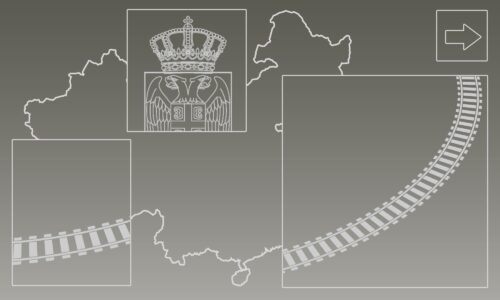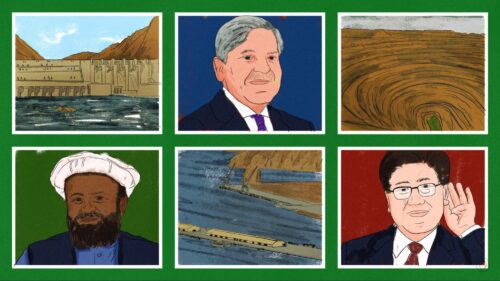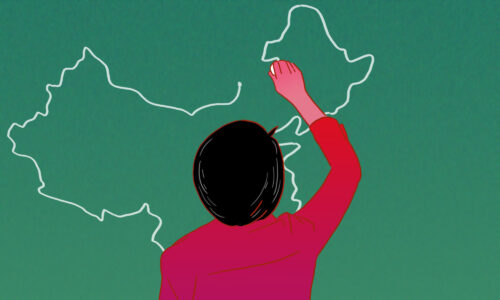Nepal and China ink 12 deals, despite tensions over maps and infrastructure projects
The visit of Nepal's prime minister to Beijing saw a flurry of bilateral cooperation agreements signed. But no one mentioned China's controversial new map, and questions remain over the details of China’s infrastructure investment in the landlocked nation.

Nepal and China signed 12 agreements to boost cooperation in various sectors, including trade, road connectivity, and information technology, after Chinese Premier Lǐ Qiáng 李强 and Prime Minister Pushpa Kamal Dahal held talks in Beijing yesterday.
Dahal — often called Prachanda, which means “fierce” in Nepali — is chair of the Communist Party of Nepal (Maoist Centre), which is currently leading a ruling coalition. He was previously prime minister from 2008 to 2009, and again from 2016 to 2017.
Dahal arrived in China on September 23 and will stay for eight days.
During his visit, Nepal reiterated its “firm commitment to the one-China principle” regarding Taiwan, as well as stating that “Tibet affairs are China’s internal affairs, that it will never allow any separatist activities against China on Nepal’s soil,” according to a joint statement. China “firmly supports Nepal in upholding its independence, sovereignty and territorial integrity, and respects and supports Nepal’s independent choice of social system and development path that suits its national conditions.”
Map and border disputes
India has gone unmentioned in official communications, but China clearly values its good relationship with Nepal as tensions with India continue to simmer.
However, China-Nepal relations also hit a speed bump after China released a new official national map in August that showed several territories Nepal claims as part of India. Nepal rejected the map, asking its neighbors to respect its territorial claims. The map isn’t mentioned in today’s joint statement, despite a senior leader in the prime minister’s party previously saying Dahal would raise the issue on his visit.
“This visit signals a complex phase in China-Nepal relations,” said Rishi Gupta, a research fellow at the Asia Society Policy Institute. “The relationship has faced challenges, particularly after Nepal objected to China’s new map…It’s a classic case of big power dominance and asymmetry.”
The two sides discussed Chinese investment in Nepal, as well as opportunities to increase trade, with China ready to “boost the transition of Nepal from a land-locked country to a land-linked country,” according to China’s readout of Li’s meeting with Dahal.
Dahal’s trip is the first visit to China by a Nepalese leader in three years. It comes just two days after he met with Chinese leader Xí Jìnpíng 习近平 on the sidelines of the Asian Games in the eastern ecommerce hub of Hangzhou.

BRI struggles
While the two sides discussed Nepal’s infrastructure development during Dahal’s visit, no deals were signed related to specific projects in China’s Belt and Road Initiative (BRI), Beijing’s sprawling global infrastructure development policy.
China and Nepal first signed a memorandum of understanding to include the Himalayan nation in the BRI in May 2017, but projects have largely stalled out.
BRI projects have been a point of contention between Chinese and Nepali officials in the recent past. China’s ambassador to Nepal claimed last May that Nepal’s newly built Pokhara International Airport was part of Xi’s signature foreign policy initiative, but was rebuffed by Nepal’s foreign minister, who told the country’s legislature, “Not a single project in Nepal under the BRI has been executed.”
Nepal “has been cautious due to concerns about the financial mechanisms involved,” said Gupta. “Nepal has observed how BRI projects have impacted the Sri Lankan economy negatively and remains unconvinced.“







